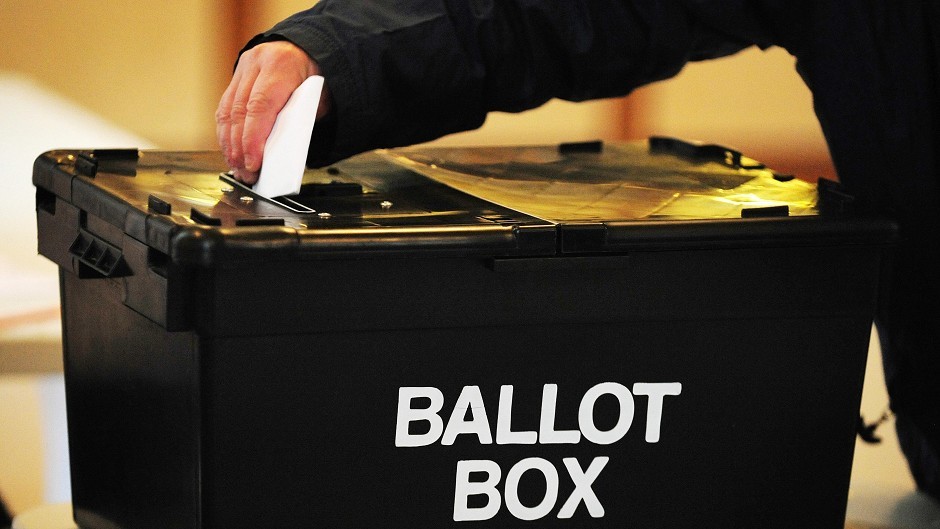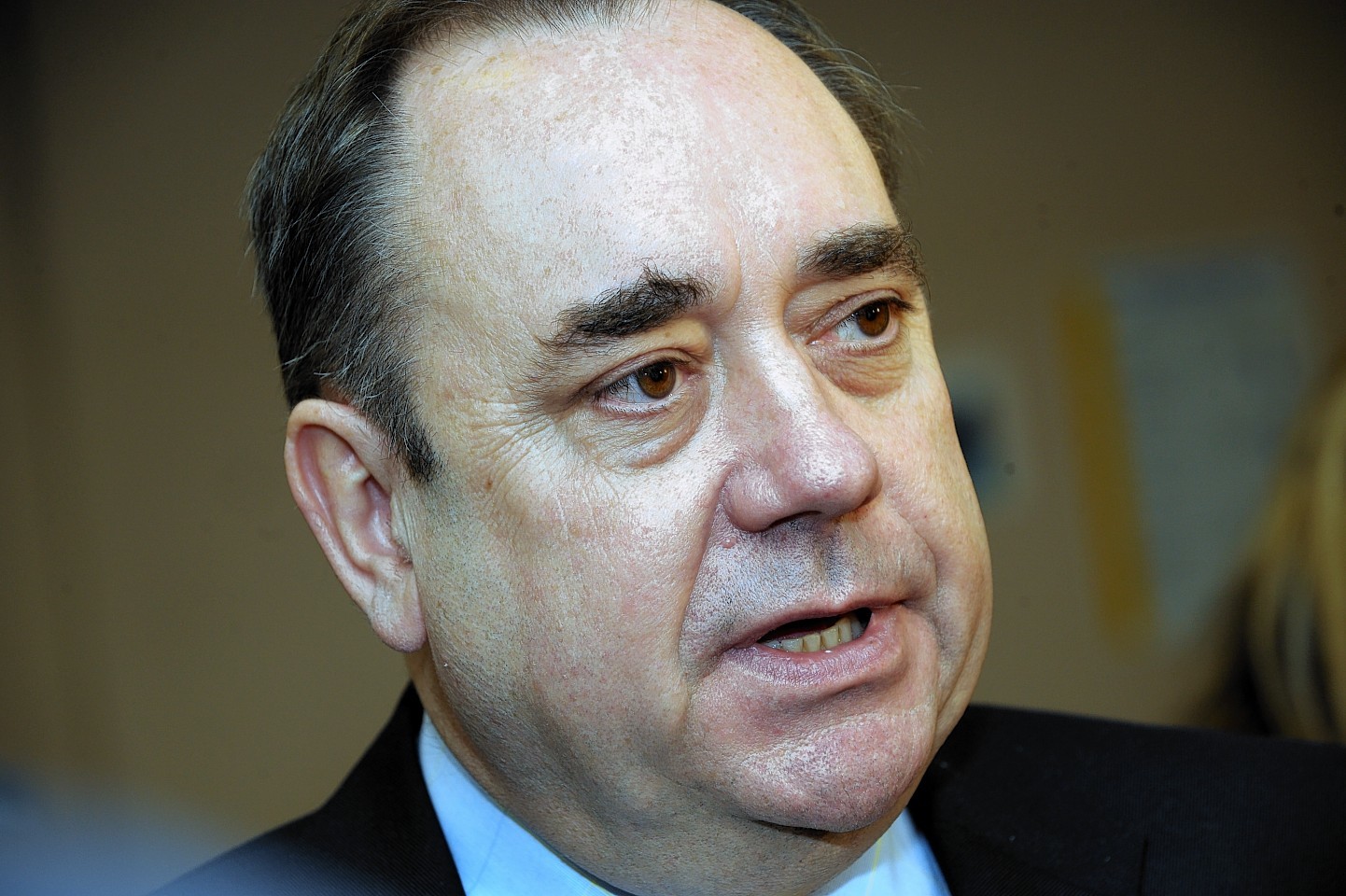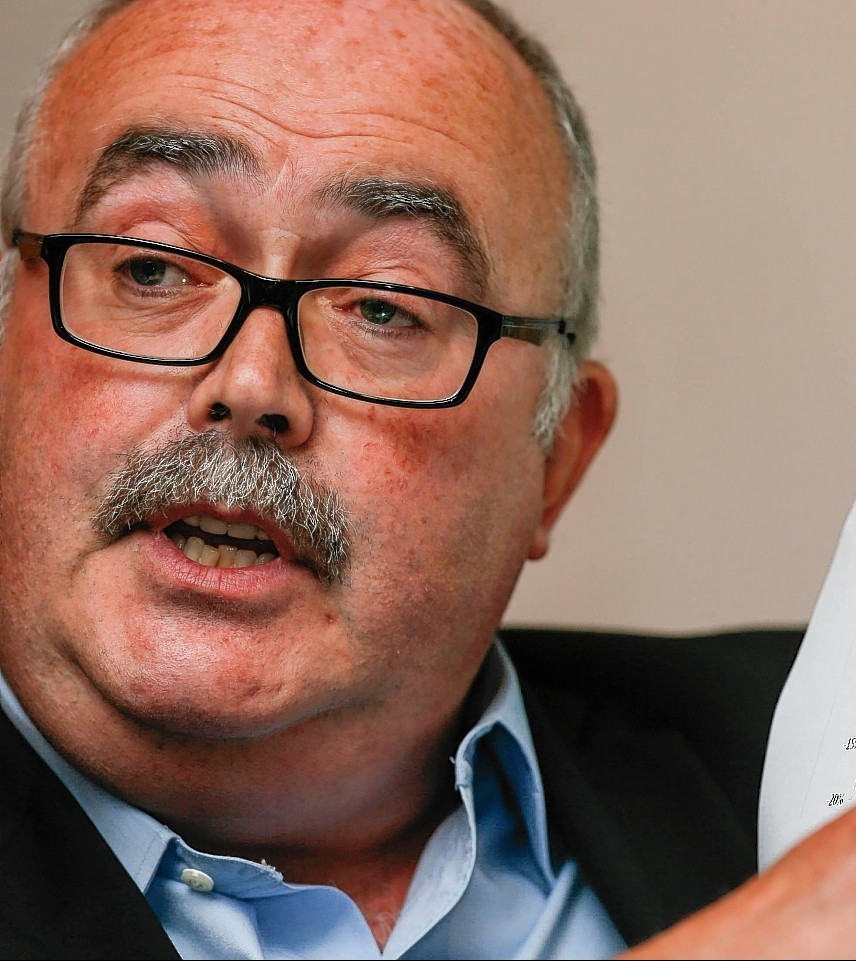Alex Salmond’s claims that No voters in the independence referendum were tricked by a pledge of more powers for Holyrood have been undermined by new research.
The former first minister has insisted that the promise of further devolution swung the vote in the Unionists favour.
Analysis of web search data from the run up to the ballot has shown that neither “The Vow” by the three main Westminster party leaders, nor the last TV debate had a noticeable impact on final voting results.
The study also showed that the more information that people searched for online, the less likely they were to vote for independence.
Researchers said independence supporters were “more likely to be driven by short-term emotion than long-term rationality”.
The YouGov poll published on September 5, which put the Yes campaign 4 points behind Better Together, did have a significant positive impact on the Yes vote, but no effect on online search activities.
Ronald MacDonald, professor of political economy at the University of Glasgow, said: “Over the course of the referendum we were able to compare what was happening online with the various poll results to get a relatively accurate fix on the referendum outcome.
“Our evaluation also is capable of telling us why certain swings in support are taking place.
“Over the course of the campaign, it appeared that the more information people searched for online, the less likely they were to vote Yes. After certain events, such as the rejection of the potential currency union by George Osborne, those identifying as Yes voters were more likely to be driven by short-term emotion than long-term rationality.”
The study was undertaken by economists from the University of Glasgow using data obtained from Google Trends Big Data, a real time online search volume service.
The researchers said all the data analysed in this study was sampled in real time and none of the results in their paper were drawn with the benefit of hindsight.


